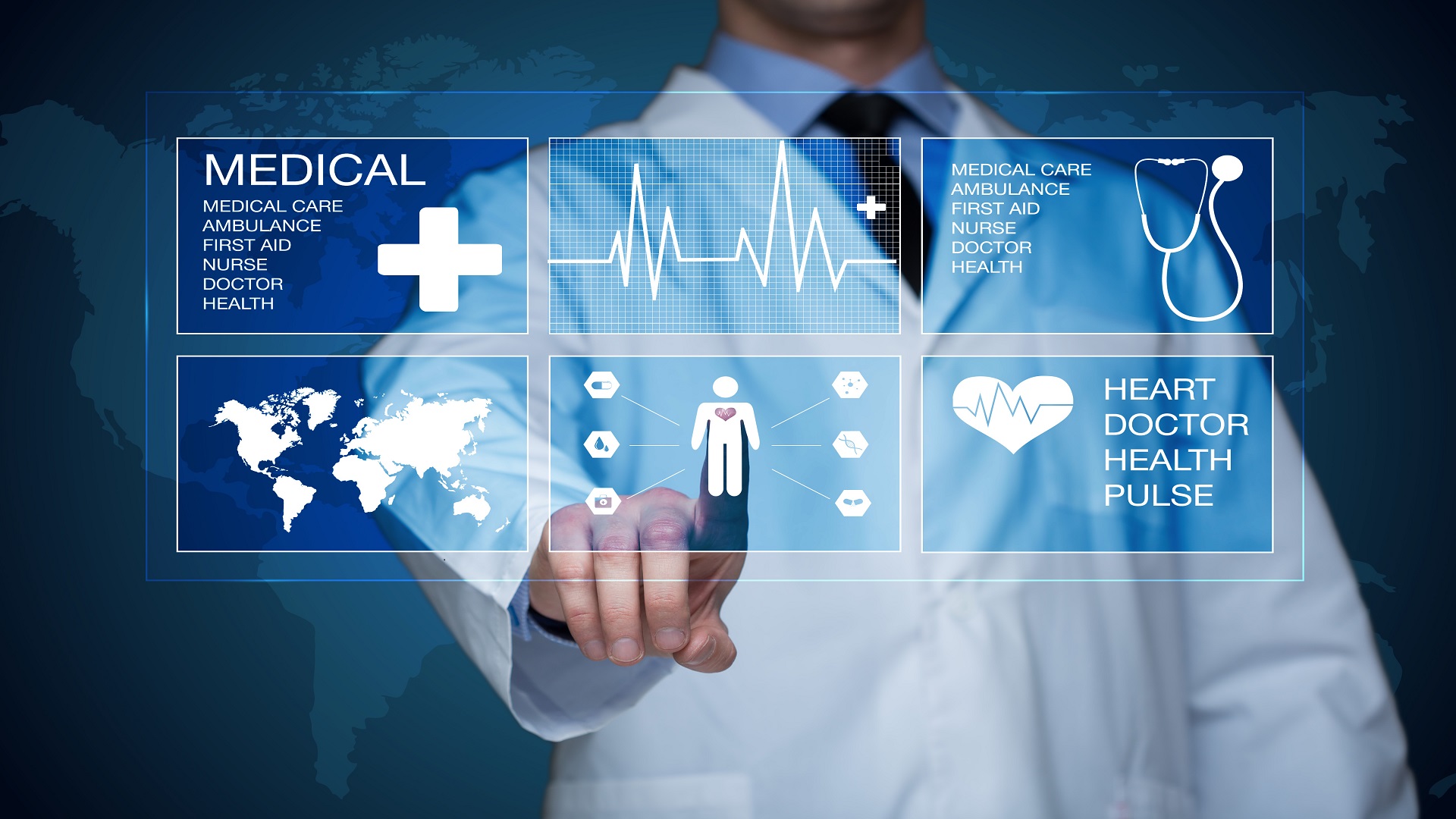Health Information Technology
Health Information Technology (Health IT)
Health IT is the application of information processing involving both computer hardware and software that deals with the storage, retrieval, sharing, and use of health care information, data, and knowledge for communication and decision making.[1] Health IT intersects with many subsectors and other industries, including medical devices, pharmaceuticals, software and services, and contributes to the delivery of telehealth and mobile health solutions.
Health IT (sometimes referred to as eHealth, digital health, or connected health) incorporates many components from the health, information and communication technologies (ICT), and services sectors to deliver improved healthcare to patients using technology. These components include healthcare services (managing hospitals, treatment protocols, and administering claims data), data-related services (storage, analytics), ICT hardware (computers, mobile phones), medical devices (collecting and storing data and images to help patient care), tools for educating sector professionals, and software (electronic health records, clinical decision software). Technical standards, availability of high-speed Internet and modern mobile phone networks, reliable power supplies, and security of data and images are also important factors impacting Health IT sector activity.
No distinctive HS codes showing Health IT exports currently exist. Products that could be used to facilitate Health IT are mixed together with products used for other purposes.
[1] Department of Health and Human Services (HHS) Office of National Coordinator (ONC) for Health Information Technology website: https://www.healthit.gov/topic/health-it-basics/glossary.
Please see below for additional information specific to Health Information Technology
Telehealth uses electronic information and telecommunication technologies to deliver health care, health education, and health information services remotely. Telehealth technologies include live video conferencing, mobile health apps, asynchronous electronic transmission, and remote patient monitoring.
Telehealth services and solutions expand the reach of healthcare providers, particularly specialists, offering patients improved access to needed health interventions with a focus on cost efficiency and reducing travel costs. Particularly useful in rural communities, telehealth services utilize telecommunication technologies to connect patients and providers for live video consultations, collection, and transmission of health data from patients to providers, and the review of digital images, documents, and pre-recorded videos to improve healthcare delivery. Industry players in the telehealth space include many innovative technology start-ups seeking to address domestic and global market challenges, as well as well-established health care companies, including medical device manufacturers, seeking to improve their products and services through increased connectivity between patient and provider.
Artificial intelligence is not a technology unique to healthcare. However, there are unique ways in which the healthcare industry is adopting and innovating with artificial intelligence. From streamlining regulatory approval processes through simulation using artificial intelligence, to innovating new drug formulas and reading images and issuing diagnosis, the way healthcare is administered and delivered will evolve with the introduction of artificial intelligence.
Like many other sectors, the healthcare sector is quickly adopting and implementing artificial intelligence technologies. In addition to creating operational efficiencies in the delivery of healthcare, the sector is also leveraging artificial intelligence to innovate new drugs, aid in diagnosis and treatment planning, simulate clinical trials, and applying it to innumerable applications. Moving forward, it remains unknown the extent to which the healthcare industry will change and grow as a result of the incorporation and adoption of artificial intelligence, but it is certain that significant shifts lay ahead.

